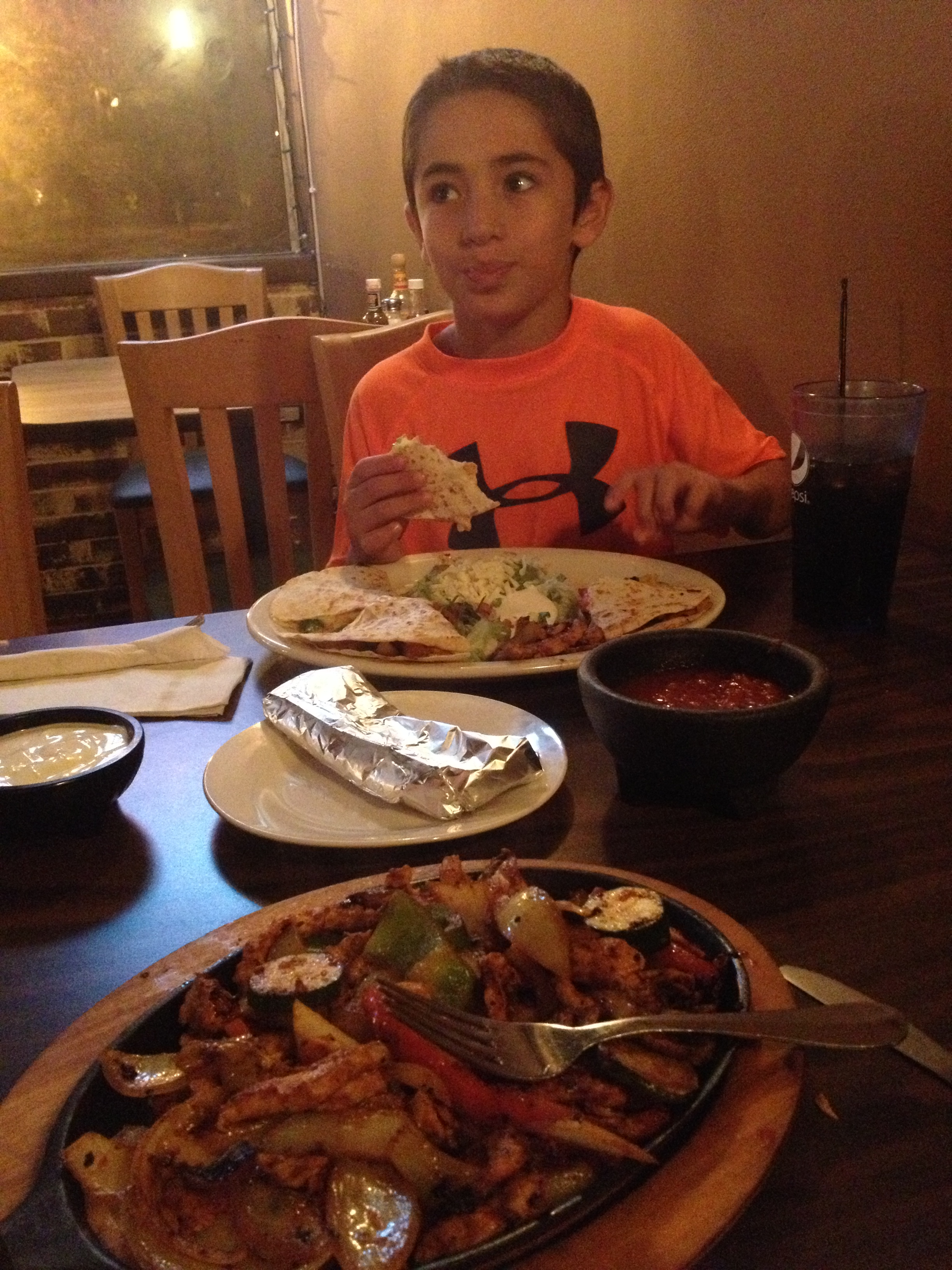2014 is a year for change. Last week, I posted my first book review and this week I am hosting my first guest blogger and a give-away of her book! Jenny Maxey, attorney and author, is here to offer suggestions to parents for how to teach our kids to be financially responsible and successful. It is never too young to start!
All you need to do to enter the e-book give-away drawing for Barrister on a Budget—Investing in Law School Without Breaking the Bank is to leave a comment below. Your comment doesn't need to be wordy or even grammatically correct to be counted. We would love to hear your thoughts about Jenny's advice, or if you have another helpful strategy that you've used to teach your children about managing money, please clue us in. We will do the drawing on Jan. 21st, one week from today, and there will be one lucky winner!
3 Tips to Set Your Child Up for Financial Success
At one time, fresh college graduates would walk through that hypothetical doorway to the real world and step onto an inclining sidewalk. Sure, there was a climb, but with hard work and determination they could keep walking up, breathing the fresh air, feel the sun shining on their face. Today, students walk through that doorway and step straight into a sink hole. A record 57% of pre-college students are relying on financial aid and grants to finance their college education. Sadly, the students graduating with these hefty loans are finding it difficult to find a salary that can sustain payments in addition to cost-of-living.
So, how can your child avoid the student debt sink hole? How can they learn how to manage their finances? How can you set them up for a successful financial future? Here are just a few tips to get your child on track to financial success.
- Don’t be afraid to start teaching money principles at an early age.
Whether your child is a tot or a teen, it’s never too early to discuss the principles of money. Really. You don’t need to show them every financial document you own (and you shouldn’t). Start by taking them to the grocery store. Use a list and cash so you can teach the importance of shopping with a purpose and the value of money. Provide a modest allowance – something that will teach them that work/time is how you earn money. The allowance will also help them learn how to save and budget. For savings, teach them to set goals and determine how much money it will take to achieve that goal. For budgeting, start with three easy categories – spend, save, and give. Adjust the complexity of these lessons by your child’s age. For instance, if your child is a teen, have them acquire a job and pay part of their cell phone bill. If they can’t pay their bill, charge them a late fee or interest or just turn their phone off!
- Students do not need to rely on financial aid to pay for college.
Students have options and can avoid student loans or, at the very least, decrease their reliance upon them. Begin with research. Teach them to shop around for the best rates on SAT/ACT prep courses. Have them hunt and apply for scholarships. Have them research their career of interest. Do they have to go to college to achieve what they want to do? Are there affordable alternatives to reach the same goal? Next, have them minimalize college costs. Graduate early by taking AP Courses in high school, summer courses, and full credit loads (as long as they can maintain a high GPA). Negotiate tuition prices – some expenses can be opted-out. Consider working during school. Some jobs will reimburse or prepay for college classes. Work full-time to pay for part-time classes – this could give your child experience, which many new graduates lack. Or, look into military, work study, dormitory resident advisor, and graduate assistant opportunities. Finally, if loans are necessary, shop around for the best interest rates and have them pay interest during school to avoid it from compounding.
- Lead by example.
Children learn far more from what you do than what you say. Do you whip your credit card out to make an impulse purchase? Do you stash bills away in drawers, hoping they will disappear? Your child is going to pick up on these behaviors. We all make mistakes when it comes to money. Money management is hard and the pressure to spend and keep up with the Jones’ is everywhere. Take the steps to budget and manage your own finances. Save for retirement! Your child has alternatives to pay for college, while retirement is inevitable. Not saving for your retirement is going to hurt your child’s financial success because you will have to rely on them when they’re likely trying to simultaneously raise a family themselves. Prepare for you and your child’s financial success so that you don’t have a forty-year-old on your couch and you can sip a Piña Colada on the beach!
Jenny L. Maxey is the author of Barrister on a Budget: Investing in Law School...without Breaking the Bank. Jenny earned a Master's degree in Public Administration and a J.D., and is licensed to practice law in Ohio. Although her book is geared toward pre-law and law students, most of the information can be easily applied to any level of higher education. Barrister on a Budget is available on Amazon.com and Barnes & Noble Nook.
Barnes & Noble: http://www.barnesandnoble.com/w/barrister-on-a-budget-jenny-maxey/1116472833?ean=2940148435730&isbn=2940148435730

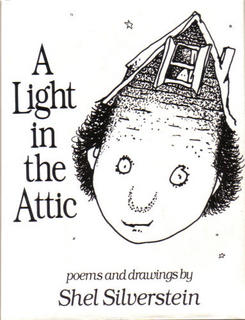



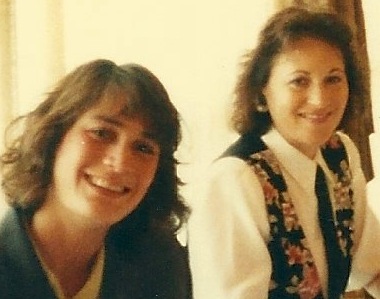 This has been an incredibly emotional and monumental week. Being a writer, there is one thing I am driven to do when my head and heart feel like they are going to simultaneously explode. For better or for worse (and I really hope it is for the better), I write. So, I broke down some of the extreme feelings that I have had over this past week into two categories and tried to make some sense out of them. I also tried to find the lessons in what I've experienced and would like to share some of my epiphanies/“ah-hah" moments with you:
This has been an incredibly emotional and monumental week. Being a writer, there is one thing I am driven to do when my head and heart feel like they are going to simultaneously explode. For better or for worse (and I really hope it is for the better), I write. So, I broke down some of the extreme feelings that I have had over this past week into two categories and tried to make some sense out of them. I also tried to find the lessons in what I've experienced and would like to share some of my epiphanies/“ah-hah" moments with you:
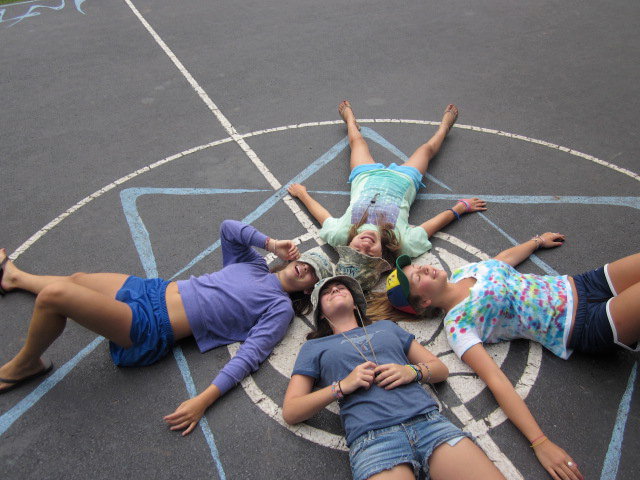 As a Minnesotan, December is the month when our landscape turns into a nasty frozen tundra, and it is difficult to savor the memories of the past summer or to believe that we will EVER be relieved of our constant state of FROZEN. But, of course, even though we sometimes have to wait until May, the thaw does come. My most notable December reminder of the warm hope of summer is delivered by envelopes and emails containing none other than…summer camp forms.
As a Minnesotan, December is the month when our landscape turns into a nasty frozen tundra, and it is difficult to savor the memories of the past summer or to believe that we will EVER be relieved of our constant state of FROZEN. But, of course, even though we sometimes have to wait until May, the thaw does come. My most notable December reminder of the warm hope of summer is delivered by envelopes and emails containing none other than…summer camp forms.
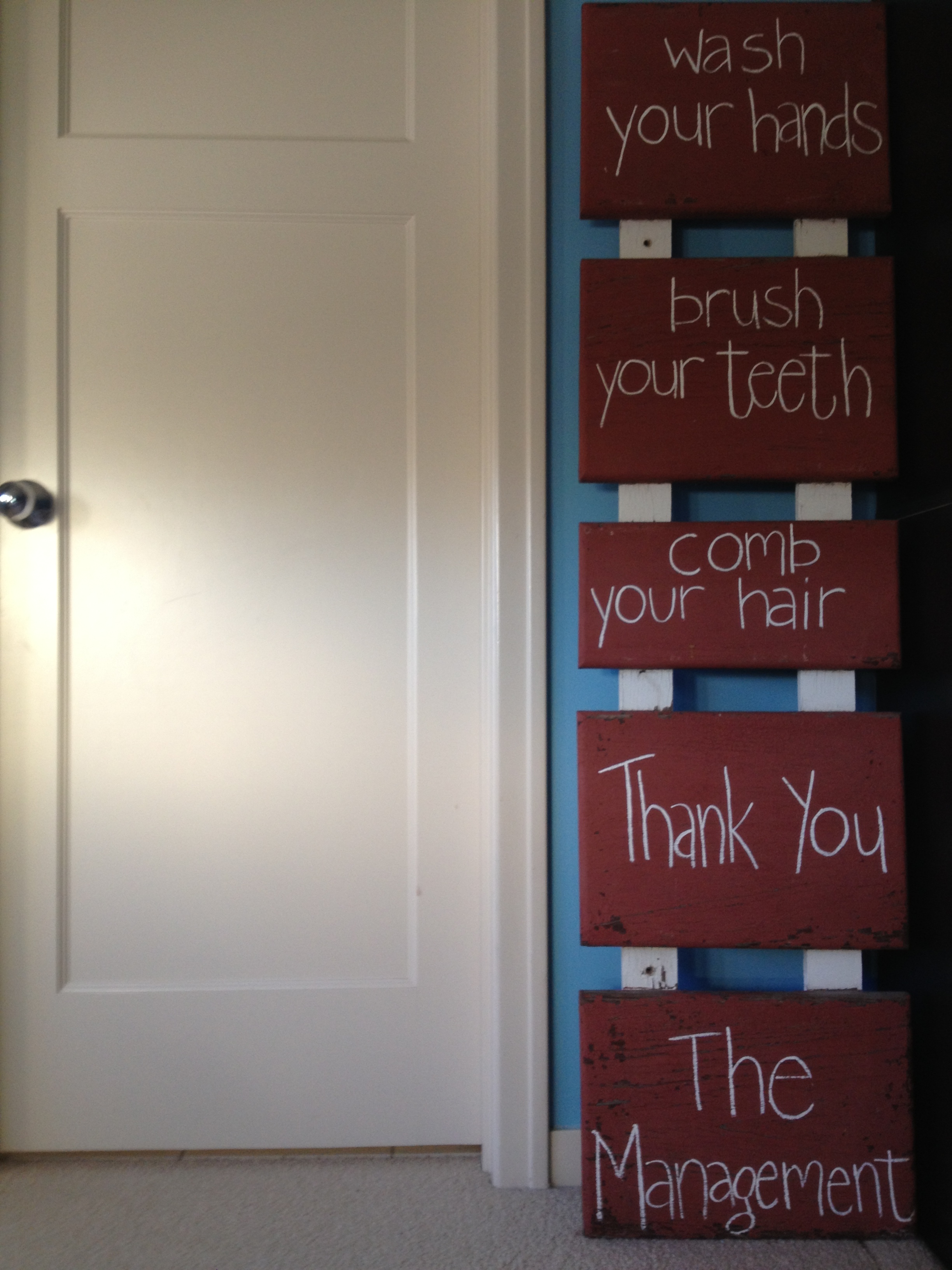




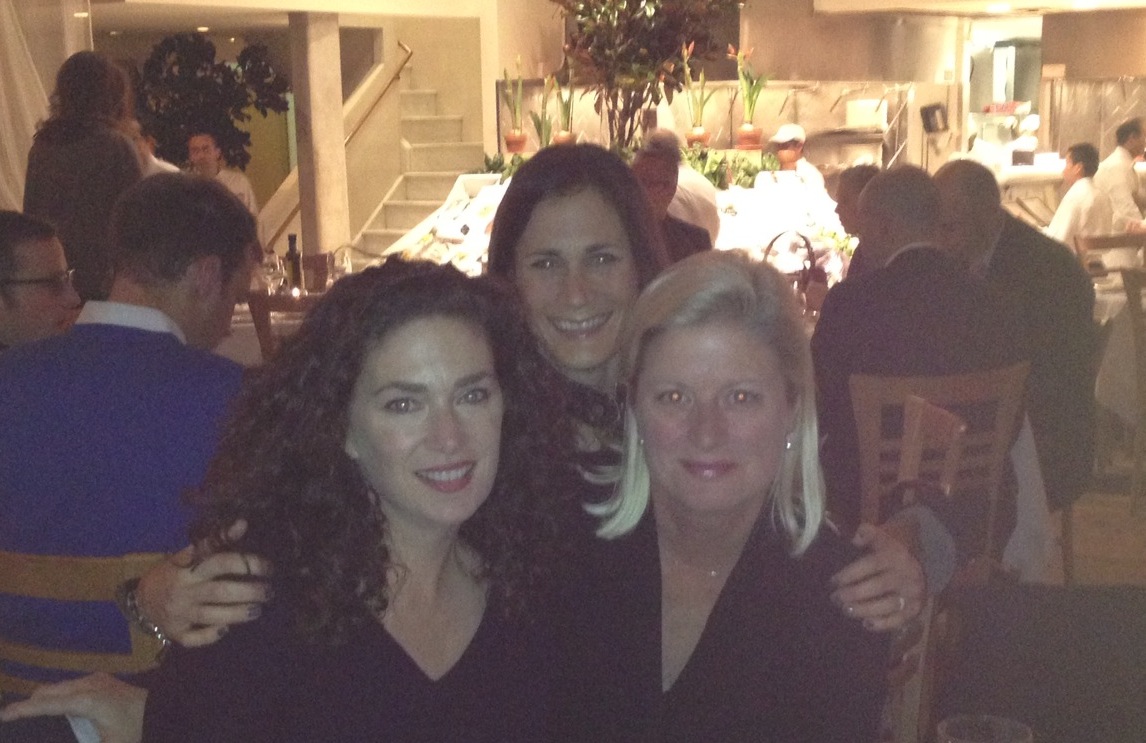 I am so excited and honored to be a part of Jessica Smock and Stephanie Sprenger’s upcoming book
I am so excited and honored to be a part of Jessica Smock and Stephanie Sprenger’s upcoming book 